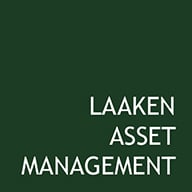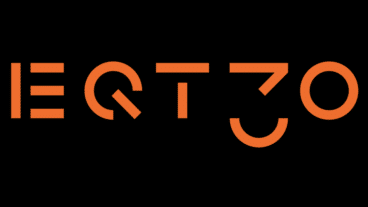Alimentation Couche-Tard (ATD) is the world’s second-largest operator of convenience stores, with nearly 17,000 locations worldwide, including all TotalEnergies outlets in the Netherlands.
Although selling fuel, drinks, and snacks may not sound as exciting as AI, convenience store chains are among the biggest success stories in the stock market. This is largely due to three factors. Firstly, they don’t just sell goods, they sell time and convenience. Their stores are located in high-traffic areas, are open 24/7, and primarily sell products for immediate consumption. Additionally, the supply (i.e., the number of convenience stores) is shrinking, with market share increasingly shifting toward the larger players, boosting the profit per store. Lastly, the business becomes more attractive through scale. Larger players benefit from, among other things, volume discounts on fuel and in-store products, their own distribution networks, standardized best practices, and loyalty programs. Smaller operators, who generally run at near break-even, set the prices, and ATD follows. When fuel prices or a store’s cost base go up, smaller operators are forced to raise prices at the pump or risk bankruptcy. ATD’s scale advantages and its discipline in keeping costs low have led to consistent margin improvements.
The U.S. market—ATD’s most important region—has over 150,000 convenience stores, two-thirds of which are owned by operators with at most ten locations. The three largest chains together hold just 15% of the market (vs. 8% in 2004). This suggests ATD has years of consolidation ahead, whether by building new stores or through acquisitions. The latter is attractive because ATD pays relatively low valuations and can increase the profit of newly acquired stores by 40–60% through scale advantages and operational best practices.
Valuation
Over the past decade, ATD has seen its revenue and earnings per share grow by 6% and 15% per year, respectively. This can be attributed mainly to improvements in its existing store network, with annual increases of about 4% in gross profit per store and only about 2% in cost growth, resulting in roughly 8% growth in operating profit per store. In addition, ATD expanded its store network by 5–6% each year. This combination of higher profitability and network growth supports the expectation of 15% annual profit growth through 2028, with potentially even higher growth in earnings per share. Given the strong economic resilience and a valuation of 17.5 times expected earnings, we find the outlook attractive.
Risks
The biggest risk for ATD is the rise in electric vehicle (EV) adoption, which could reduce both fuel and in-store sales. However, data suggests this risk is manageable—or potentially even positive. Declines in fuel demand have historically led to higher fuel margins. Fuel volumes peaked in 2006, and since then ATD has increased its gross fuel profit per store by more than 300%. In Norway, where 80% of new car sales are EVs, fuel demand has fallen by only 2% per year since 2018. In the U.S., EV adoption remains low (8% of new sales, 1% of the total car fleet), meaning any material impact under aggressive growth scenarios is still decades away. Moreover, fast charging an EV takes around 15 minutes, encouraging customers to spend more time at stations. As a result, 40% of visits by EV customers lead to in-store purchases, compared to just 16% for internal combustion vehicle drivers.
Management
It’s a positive sign that the founder remains involved as chairman and is a major shareholder, holding nearly 13% of the outstanding shares. Two of the three remaining co-founders are also still active as board members, jointly owning another 6%. ATD has a stable and experienced management team. The current CEO, Alex Miller, is only the third CEO in the company’s 45-year history, an exceptional statistic in the capital markets. Mr. Miller was carefully selected, having spent more than 12 years at the company. In addition, the company has a proven track record in efficiently running its stores and in capital allocation.
ESG
The company provides extensive reporting on ESG initiatives and has set ambitious goals. By 2030, ATD aims to have invested USD 1 billion in projects such as renewable fuel dispensers and to achieve carbon neutrality for Scope 1 and 2 emissions. There is also strong emphasis on safety: its “zero-harm” policy for employees has led to a 40% reduction in robberies and a 25% drop in work-related injuries since 2020.







